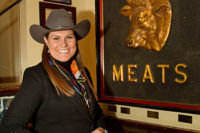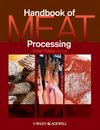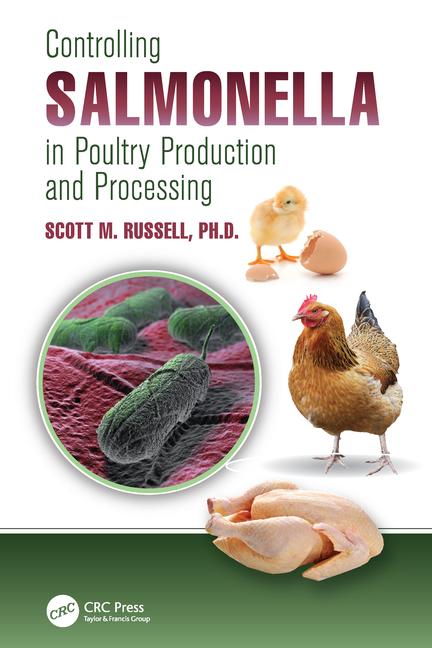What looked like a real decision in the donning/doffing compensation battle has become unclear once again in early 2011.

|
| Photo by Vito Palmisano |
The longstanding argument over whether protein-processing employees should be paid for the time spent donning and doffing protective apparel, or personal protective equipment (PPE), continues as the industry awaits definitive legal guidance on the issue.
Donning and doffing time has been a sticking point for many in the industry over the years, resulting in battles and lawsuits over whether employees should be paid for such time or not.
In 2010, the issue of donning and doffing appeared on a faster track toward a definitive resolution, but a Minnesota appeals court once again brought uncertainty to the table in January 2011.
The U.S. Department of Labor (DOL) requires that employees be paid for this time, yet processors certainly can’t predict the enforcement of this requirement, especially in dealing with some of the lower courts’ decisions.
In June 2010, Tyson Foods and the U.S. government reached an agreement in regard to DOL allegations that Tyson was required by federal law to pay its workers overtime compensation for donning and doffing times. Tyson, which paid out $500,000 to resolve the claims against it, denied any wrongdoing on the matter and said this case was an example of “an ongoing, nationwide legal debate over what types of activities are compensable under the Fair Labor Standards Act.”
At the time, in its own release, Tyson said this agreement “could serve as a model for the way some workers in the poultry industry are paid.”
However, though the DOL requirements now seem clear, cracks in the law appear to be surfacing. On Jan. 18, 2011, the State of Minnesota Court of Appeals ruled in favor of Jennie-O Turkey Store in a similar donning-and-doffing-related lawsuit filed by current and former Jennie-O employees.
The employees claimed that timekeeping methods at Jennie-O did not fully capture the time required to don and doff mandatory apparel, which resulted in the underpayment of their wages in violation of their contracts and the Minnesota Fair Labor Standards Act (MFLSA).
In this particular case, the court sided with Jennie-O, stating that under MFLSA, employers are required to pay overtime wages only after an employee works at least 48 hours (unlike the Federal Fair Labor Standards Act, which requires only 40 hours to earn overtime), and that the workers’ compensation already “significantly exceeded the compensation required under the MFLSA.”
Furthermore, the court said, the workers could not provide enough evidence that they and Jennie-O had any kind of agreement, verbal or otherwise, that they’d be compensated for donning and doffing times.
This ruling simply muddies the waters of the donning and doffing issue on the heels of the Tyson agreement and other earlier court rulings and settlements in recent years.
In order to avoid lengthy litigation, processors should study their donning and doffing compensation structure and begin to solve the issue within their own organizations.









